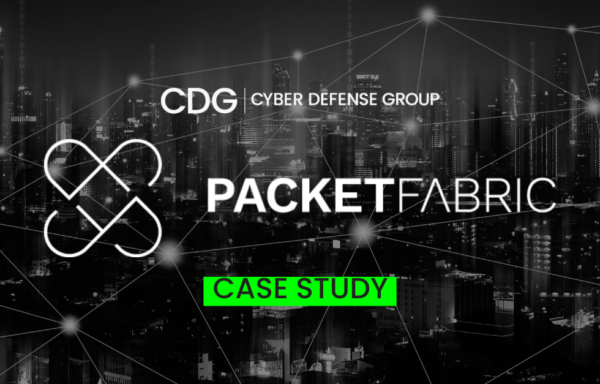Download the Ultimate vCISO Checklist for Expert Cybersecurity Hiring
Ensure your business is protected with our comprehensive vCISO hiring guide, designed for mid-market to enterprise companies.
Are you looking to secure your company with the right virtual Chief Information Security Officer (vCISO)? Our Ultimate vCISO Checklist is tailored for mid-market to enterprise companies, helping you find the best vCISO to protect your digital assets and maintain compliance. Download it now and make an informed hiring decision!
Why download the vCISO checklist?
- Clearly define your cybersecurity challenges and goals
- Select providers based on experience, certifications, and reviews
- Verify their ability to handle regulations and audits
- Ensure the provider’s leadership qualities align with your business objectives
Don’t wait—secure your business today with our vCISO checklist.
Using the vCISO checklist from Cyber Defense Group helped us identify and hire a top-notch vCISO who has signficantly improved our cybersecurity posture.” –
Get your vCISO checklist now –fill out the form to download your free guide.
What you’ll learn
- How to choose a virtual CISO
- Questions to ask when searching






